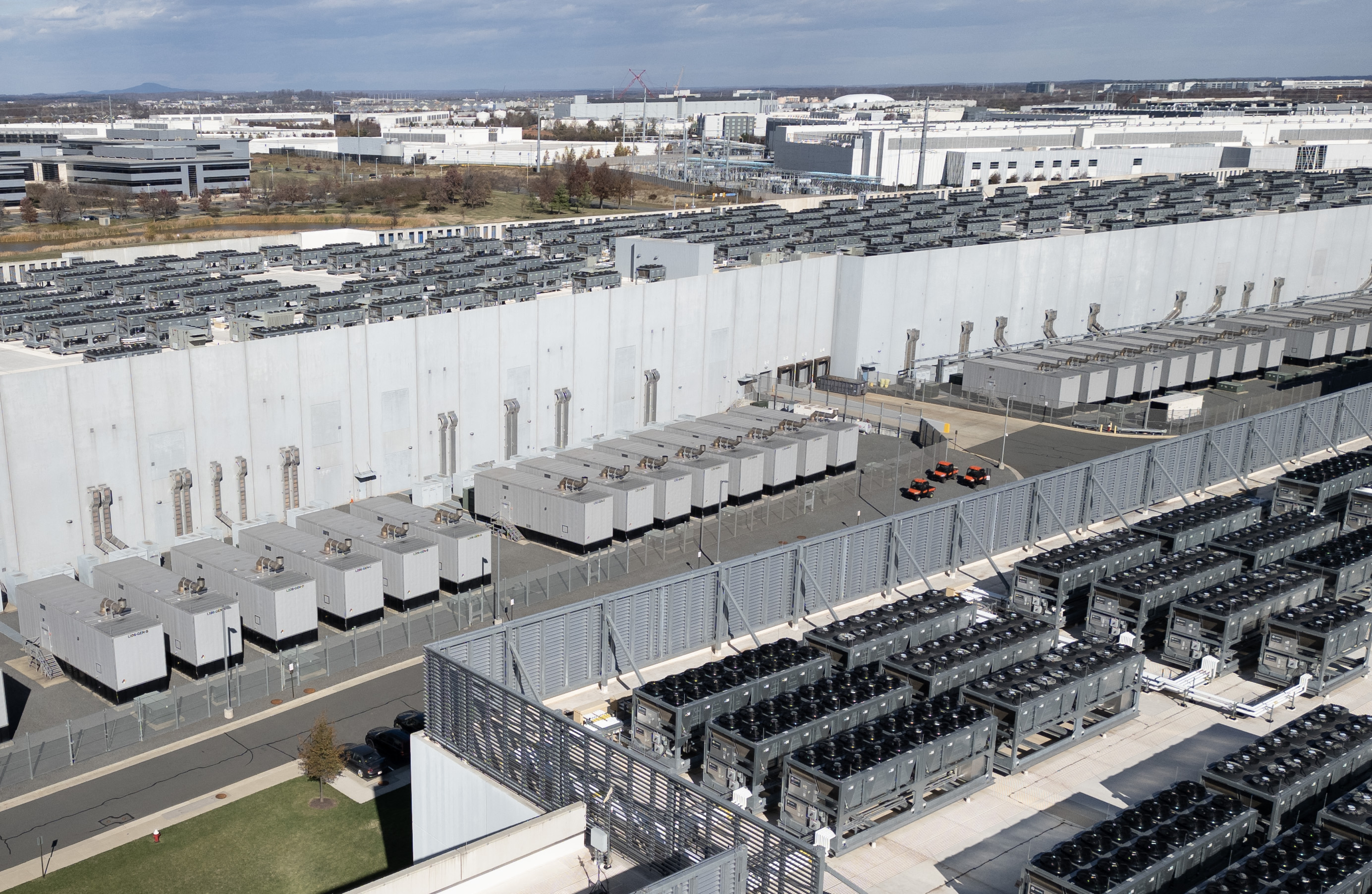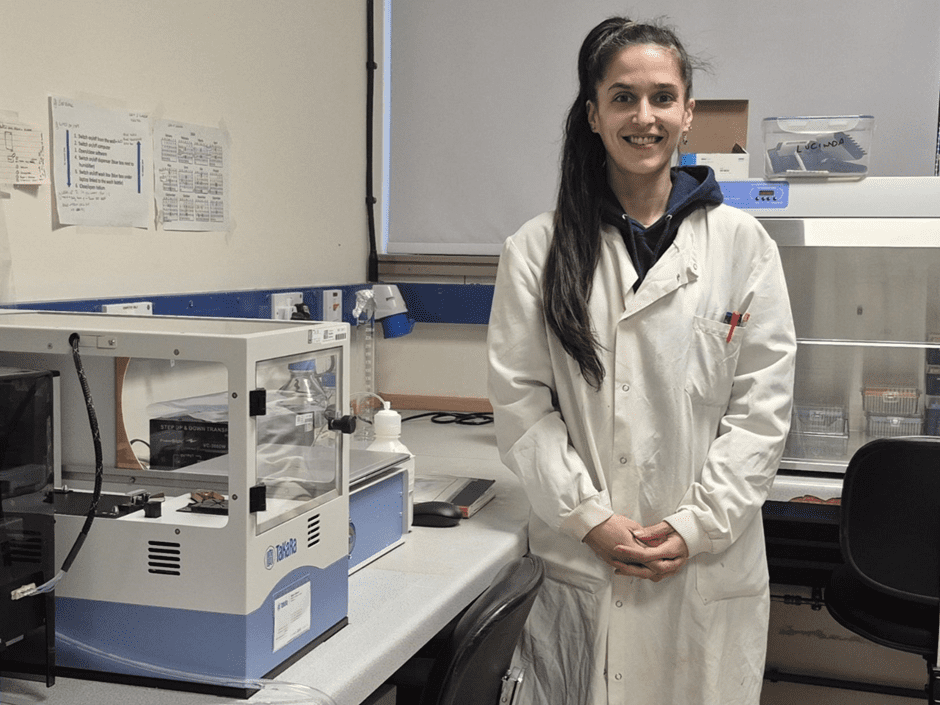A new research project aims to explore how microbes in deep underground storage sites could impact the success of carbon capture and storage (CCS).
As the UK strives to reach Net Zero emissions by 2050, secure and permanent geological storage of CO₂ appears to be essential.
Storage in deep geological formations such as depleted oil and gas reservoirs and saline aquifers is believed to offer a promising solution. However, these underground environments host diverse microbial ecosystems, and their response to CO₂ injection remains poorly understood.
This knowledge gap poses a potential risk to long-term CO₂ storage integrity. While some microbial responses may be beneficial and enhance mineralogical or biological CO₂ sequestration, others could be unfavourable, leading to methane production, corrosion of infrastructure, or loss of injectivity.
The new flagship project – by The University of Manchester and global energy company Equinor ASA – global leaders in geological CO2 storage – will investigate how subsurface microbial communities respond to CO₂ injection and storage, highlighting both the potential risks and opportunities posed by these microbes.
Principal Investigator, Prof Sophie Nixon, BBSRC David Phillips and Dame Kathleen Ollerenshaw Fellow at The University of Manchester, said: “Over the past 20 years, scientists have tested storing CO₂ underground in real-world conditions, but we still know little about how this affects native and introduced microbes living deep below the surface.
“Previous studies have shown that injecting CO₂ underground actively changes microbial communities. In some cases, microbes initially decline but later recover, potentially influencing the fate of injected CO₂ in geological storage scenarios. However, these studies predate the advent of large-scale metagenomic sequencing approaches. A deep understanding of who is there, what they can do and how they respond to CO₂ storage is crucial for ensuring the long-term success of carbon capture and storage.”
The two-year project will collect samples from saline aquifer and oil producing sites to study how microbes living deep underground respond to high concentrations of CO2 by combining geochemistry, gas isotope analysis, metagenomic and bioinformatic approaches.
Project Co-Investigator, Dr Rebecca Tyne, a Dame Kathleen Ollerenshaw Fellow at The University of Manchester, said: “To date, Carbon Capture and Storage research has focused on the physiochemical behaviour of CO2, yet there has been little consideration of the subsurface microbial impact on CO2 storage. However, the impact of microbial processes can be significant. For instance, my research has shown that methanogenesis may modify the fluid composition and the fluid dynamics within the storage reservoir.”
Currently, the North Sea Transition Authority requires all carbon capture and storage sites to have a comprehensive ‘Measurement, Monitoring and Verification’ strategy, but microbial monitoring is not yet included in these frameworks. The project’s findings will be shared with industry stakeholders and published in leading scientific journals, helping to close this critical gap and shape future operational activities.
Project Lead, Leanne Walker, Research Associate in Subsurface Microbiology at The University of Manchester, said: “This project will help us understand the underground microbial communities affected by CO₂ storage—how they respond, the potential risks and benefits, and the indicators that reveal these changes.
“Our findings will provide vital insights for assessing microbiological risks at both planned and active CCS sites, ensuring safer and more effective long-term CO₂ storage”.
















